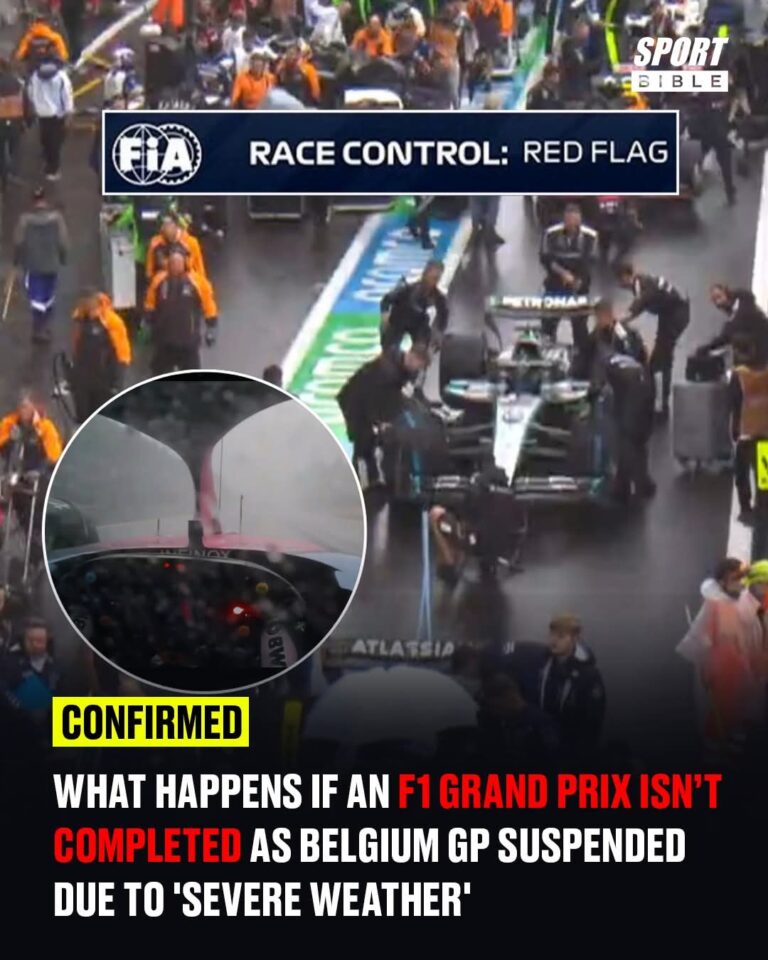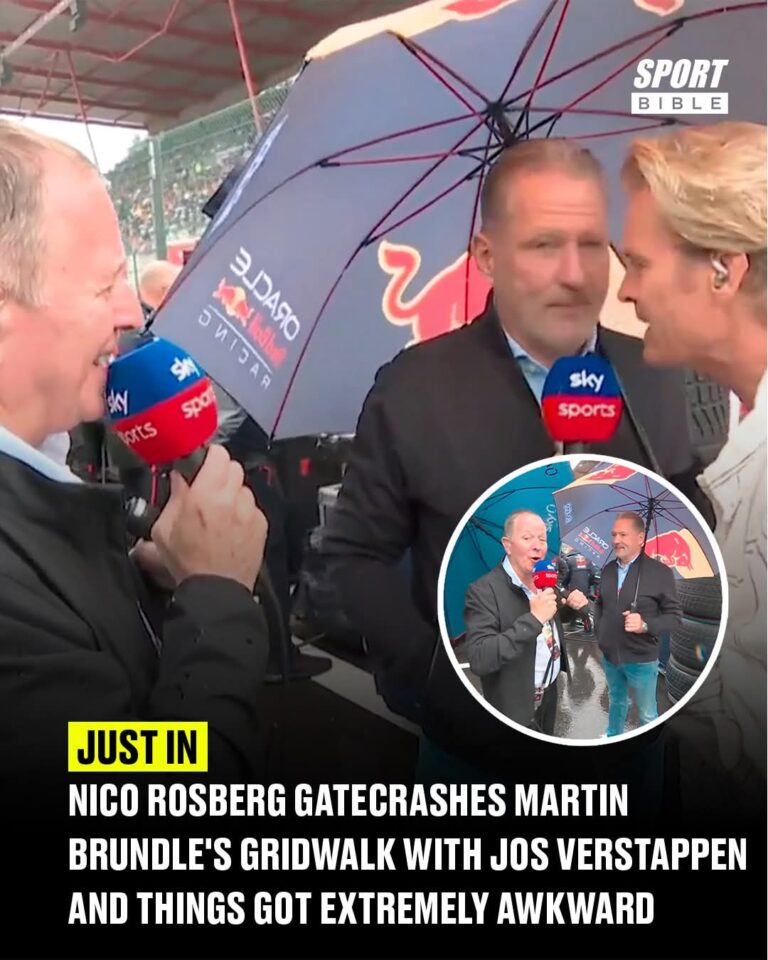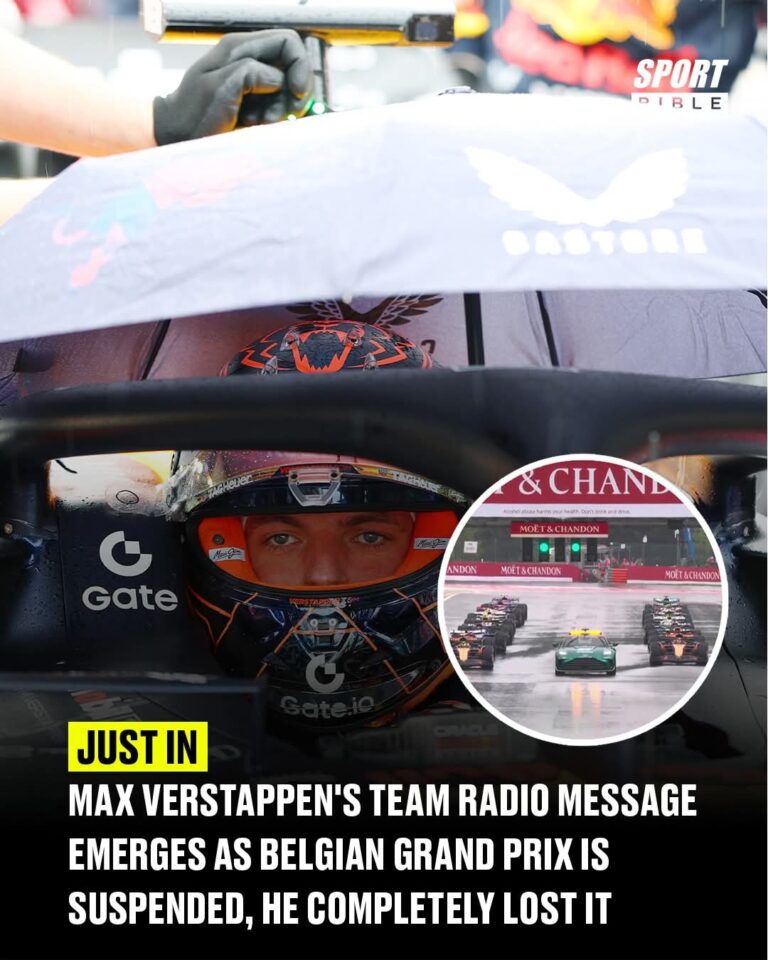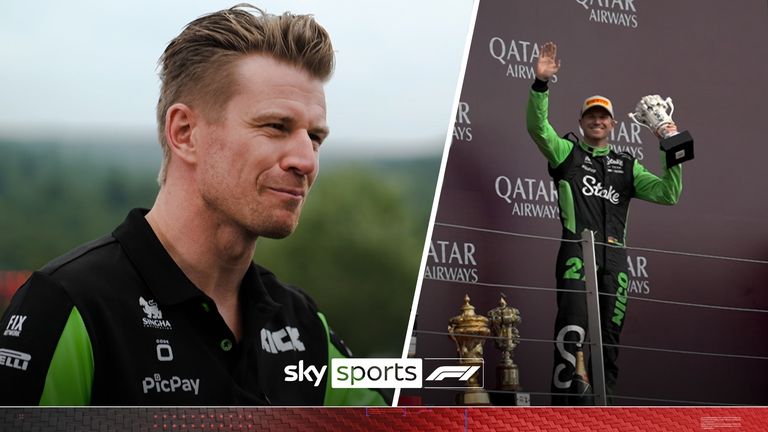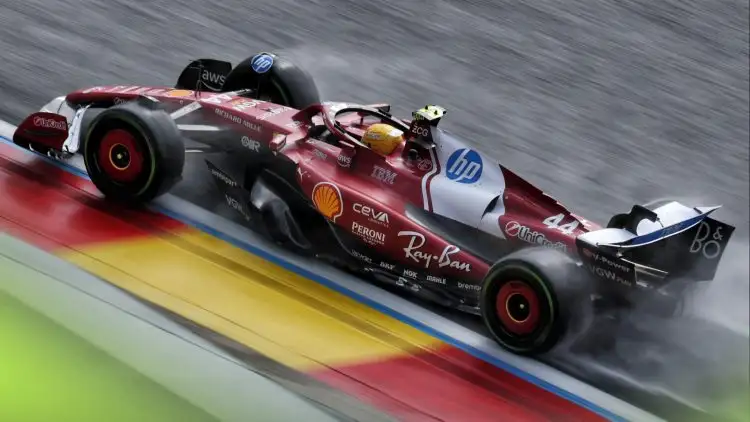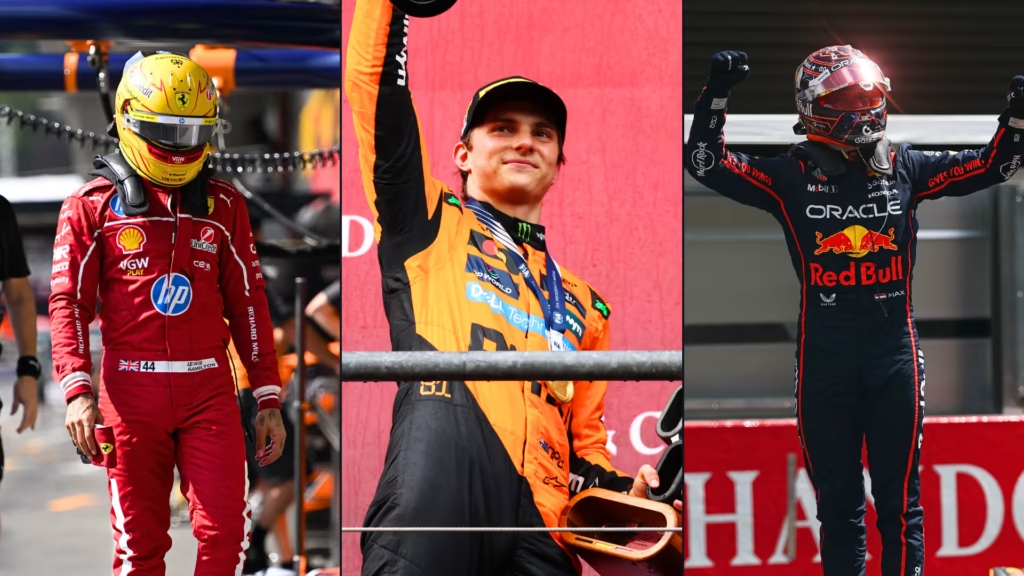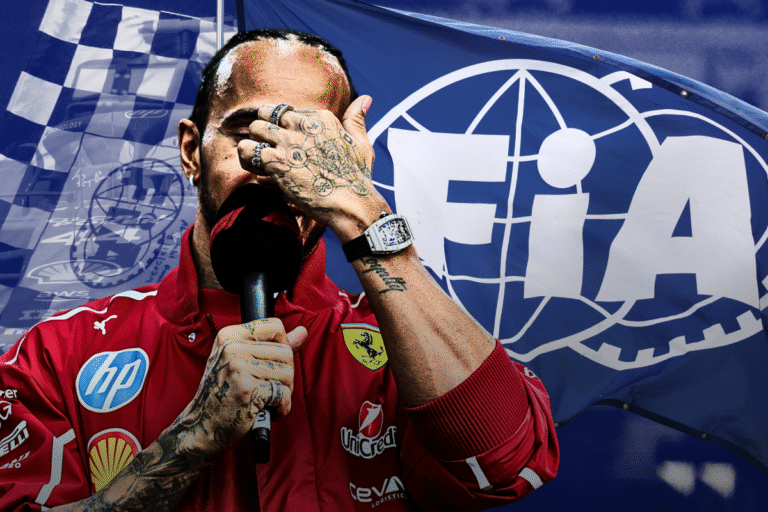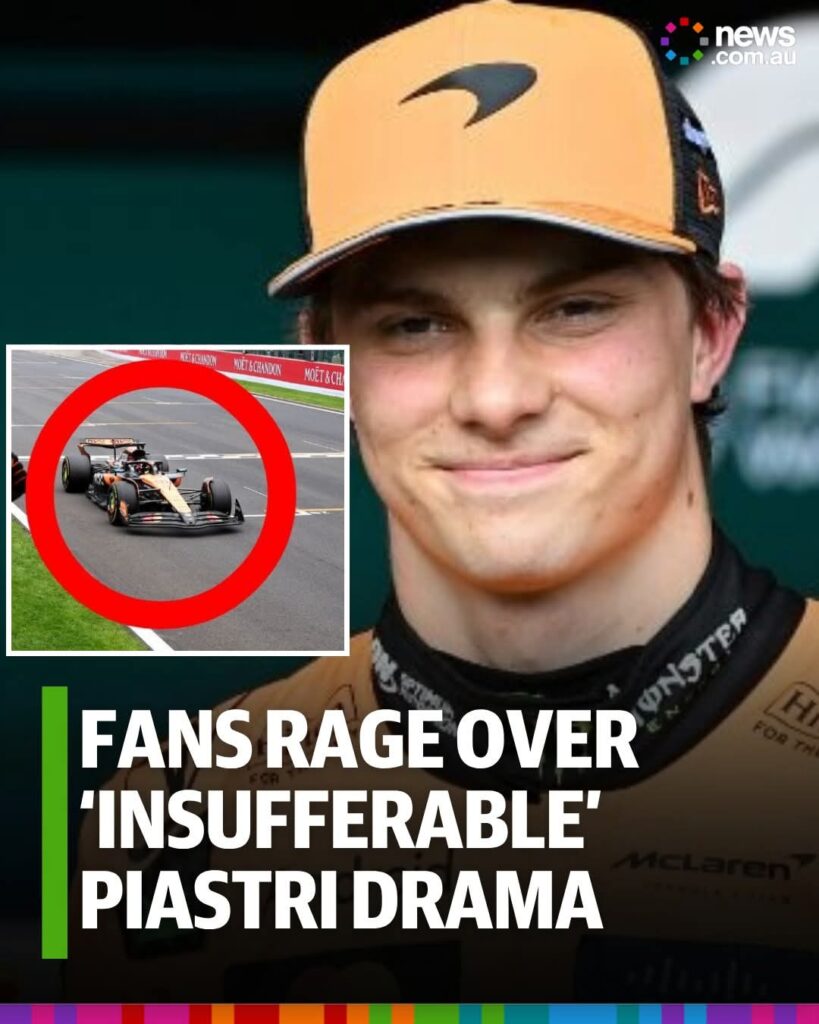
Oscar Piastri clinched a commanding victory at the Belgian Grand Prix, extending his championship lead to 16 points. Yet, the triumph was overshadowed by controversy, as Sky Sports’ race coverage drew fierce criticism for allegedly favoring Lando Norris over the Australian prodigy. Fans voiced their outrage, claiming Piastri’s clinical performance was downplayed in favor of highlighting Norris’s missteps.
The race began with Norris on pole, only to lose the lead to Piastri within the opening corners. From there, Piastri exhibited flawless composure, expertly managing tire degradation under mounting pressure. Conversely, Norris squandered his strategic advantage on the superior tire compound through a series of costly mistakes—running wide at Turn 10 and suffering multiple lockups, including a decisive error in the final laps.
Despite these blunders, the broadcast narrative appeared skewed. Commentary lauded Norris for a “brilliant charge,” while framing his defeat as the consequence of “miscalculations” rather than outright being outclassed. Observers noted that Piastri’s superior racecraft—executed on less favorable tires—was scarcely acknowledged, perpetuating perceptions of bias in favor of the British driver.
This criticism is not unprecedented. Earlier in the season, during the Bahrain Grand Prix, Sky Sports faced backlash for failing to broadcast Piastri crossing the finish line, focusing instead on Norris and George Russell’s duel for second place. The latest incident has intensified scrutiny over perceived preferential treatment, with fans lambasting commentators David Croft and Martin Brundle for their “obsession” with Norris.
Defending his position, Croft previously explained that commentary aligns with the official world feed controlled by Formula 1 Management, limiting autonomy over broadcast angles. Nevertheless, fan discontent continues to swell, as many argue that narrative framing—not just visuals—undermines recognition of Piastri’s brilliance. As the championship battle moves to Hungary, the debate over media impartiality remains as heated as the on-track rivalries.
